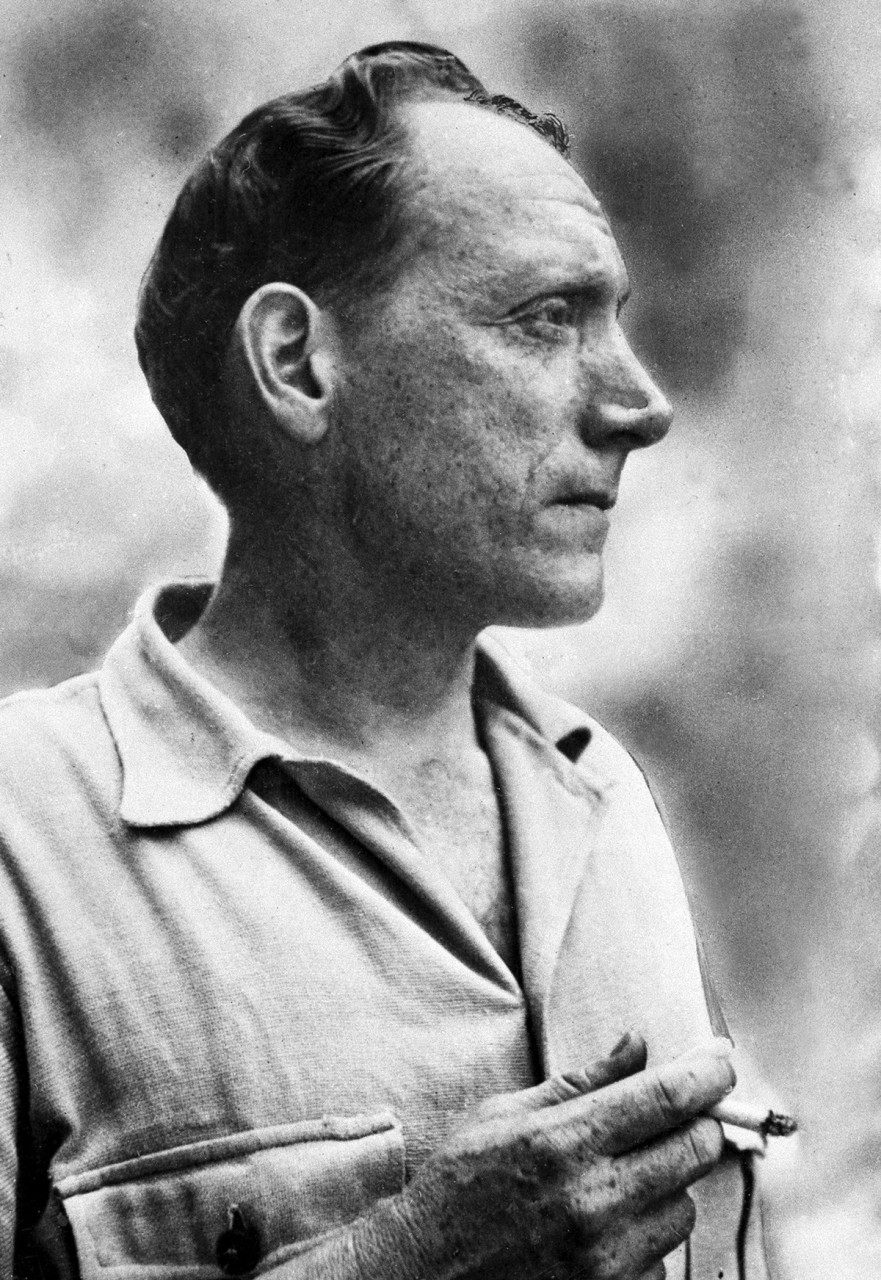“The self is a style of being, continually expanding in a vital process of definition, affirmation, revision, and growth, a process that is the image, we may say, of the life process of a healthy society itself.”

“No one can build you the bridge on which you, and only you, must cross the river of life,” 30-year-old Nietzsche wrote in his treatise on how to find yourself. And yet in the century and a half since, a curious dissonance has begun to reverberate across culture: On the one hand, we have grown increasingly fixated on the self as the focal lens for interpreting the world — a fixation which Ian McEwan so brilliantly satirized and which has precipitated today’s tragic epidemic of militant identity politics; on the other hand, the rise of neuroscience has demonstrated again and again that the self we experience as so overwhelmingly real — the psychophysiological raft of experience through which we float along the river of life — is a sensory-perceptual byproduct of consciousness, completely illusory in its solidity.
Nearly half a century ago, the Pulitzer-winning poet Robert Penn Warren (April 24, 1905–September 15, 1989) cast a cautionary eye to the notion of “finding oneself” in Democracy and Poetry (public library) — his magnificent Jefferson Lecture about power, tenderness, and art’s role in a healthy society.

Decades before Harvard…
The post The Trouble with “Finding Yourself” appeared first on FeedBox.